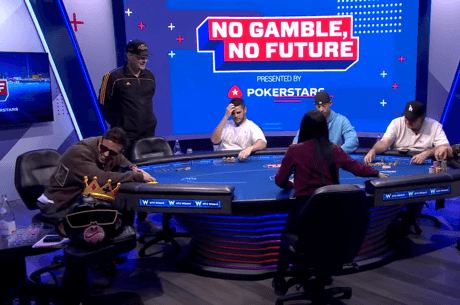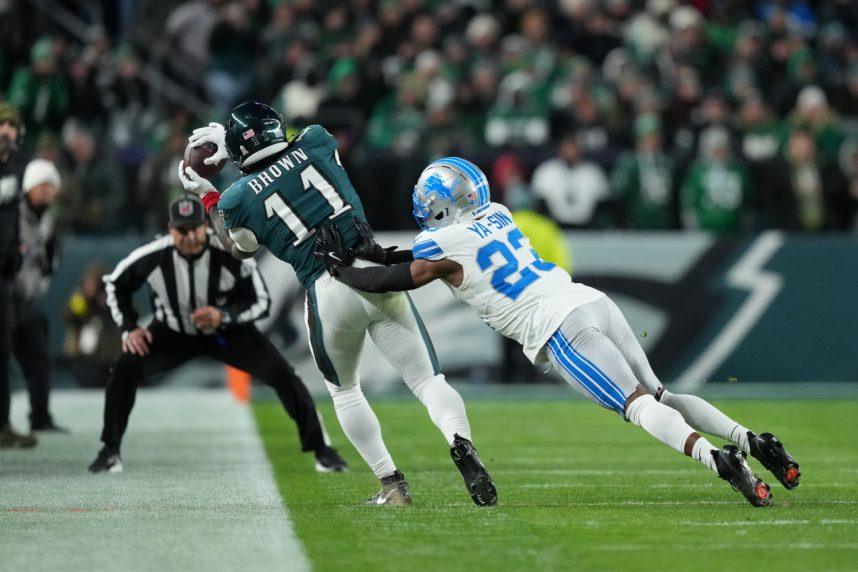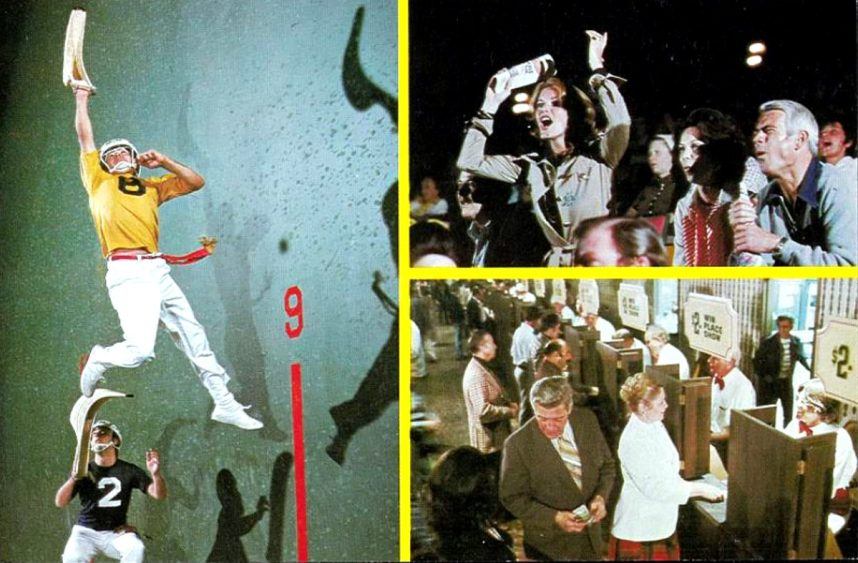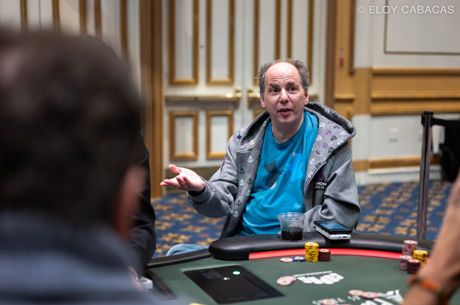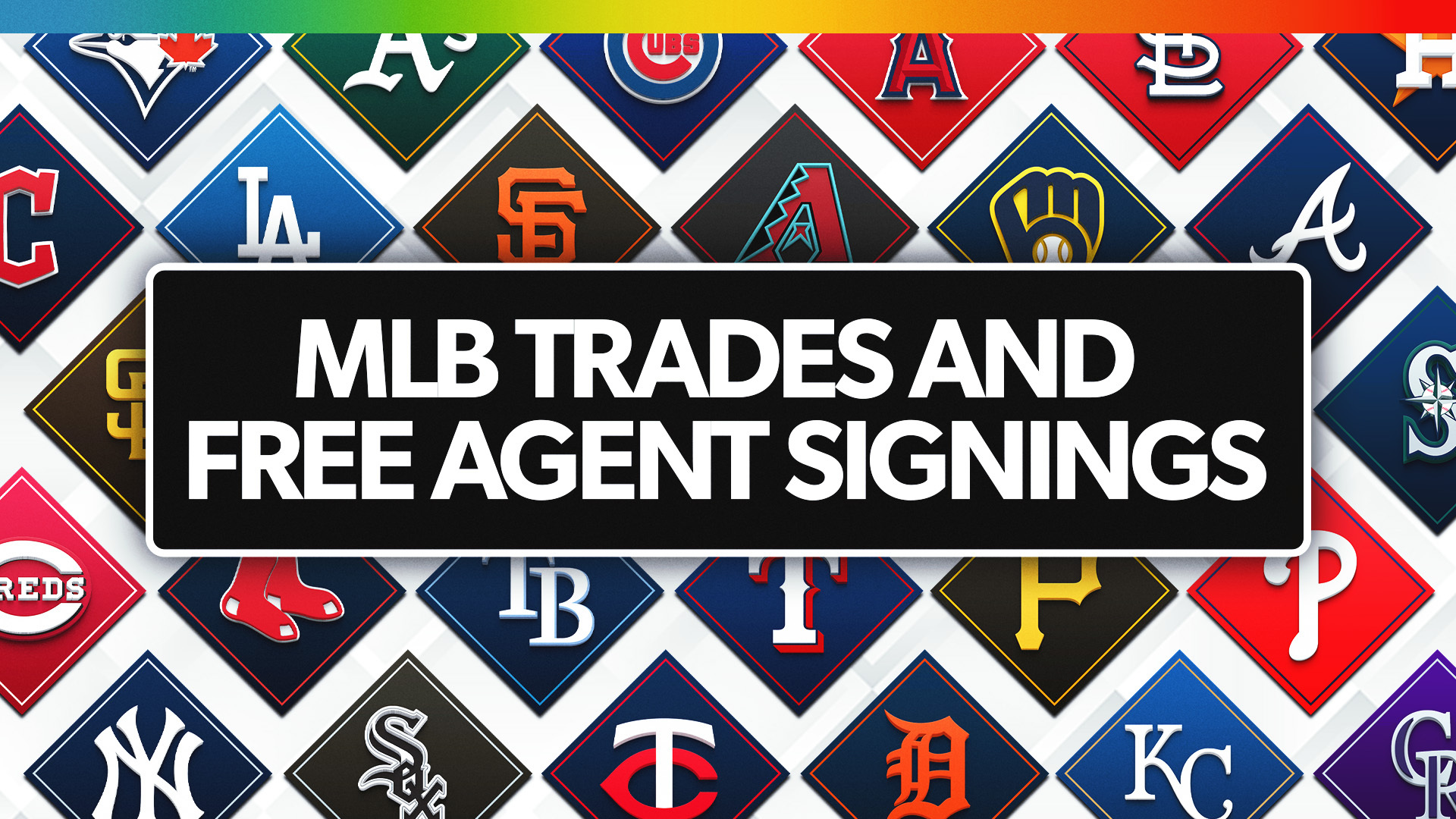FanDuel and DraftKings have ended their ties with the American Gaming Association (AGA). This split shows a big change in the evolving link between old-school gambling groups and firms moving into prediction markets overseen by federal rules.
Departure of FanDuel and DraftKings Signals a Power Shift in the Betting Industry
FanDuel and DraftKings left after private talks in Washington, DC. These meetings exposed deep differences about how to group sports-related event contracts, leading to a final breakdown in relations.
Sources close to the talks say the AGA’s Public Policy Committee spent a big chunk of its Monday meeting looking at how prediction platforms are becoming more popular. These platforms answer to the Commodity Futures Trading Commission, not state gaming watchdogs. Later that day, when the AGA’s top team got together, it was obvious that the two main online players were heading in a direction the trade group could not back. FanDuel and DraftKings let the group know they were leaving before any vote on their membership happened, reported The Closing Line.
Spokespeople from both companies said they pulled out after looking at how their future products line up with what the industry wants. FanDuel’s representatives said they valued long-term partnerships but decided their move into event-based markets did not fit with what the AGA stance is now. DraftKings gave a similar reason, pointing out that its changing plan, including getting ready to launch its CFTC-approved exchange platform, did not match the association’s position.
Regulatory Uncertainty Grows While AGA Resets Its Strategy Following Major Member Exits
The AGA said it had accepted their decisions to leave and hinted it hoped to keep working together on things they still agree on in the bigger push for legal sports betting across the country.
The episode sheds light on growing differences between old-school casino companies and tech-savvy brands. Big gaming businesses, which often run large physical venues and face heavy rules, have stayed away from prediction markets. On the flip side digital-first companies, like Underdog and PrizePicks, have jumped at this chance. These firms, along with crypto exchanges and social media platforms, either already give people ways to bet on sports outcomes or plan to do so soon.
State officials cannot agree on whether these event contracts are just unlicensed sports betting in disguise. Some states have told companies to stop, and lawsuits keep testing what is legal. Nevada turned up the heat last week when its gaming board said FanDuel gave up its license and DraftKings stopped trying to get one.
For the AGA, losing its two biggest online members might clear things up. Now that they do not have to argue among themselves, insiders say the group can push harder against prediction markets. The AGA thinks these markets run without the safety measures, taxes, and oversight that state-licensed sportsbooks have to follow.

 2 hours ago
6
2 hours ago
6




